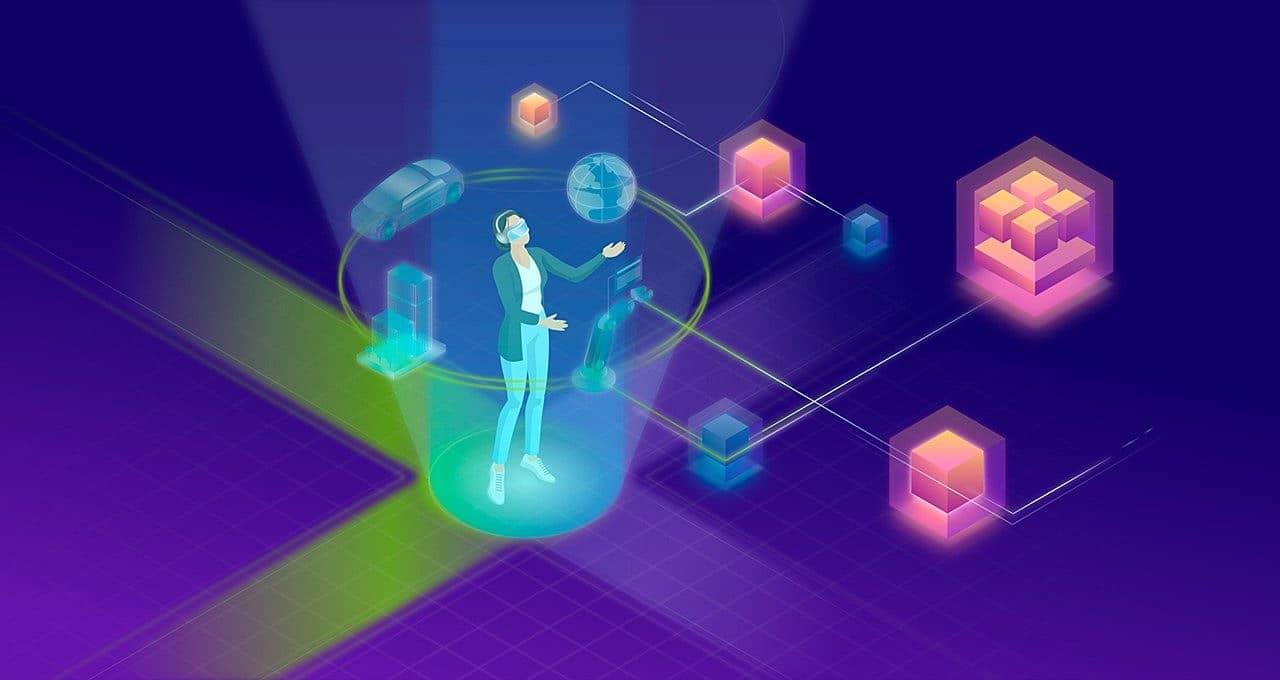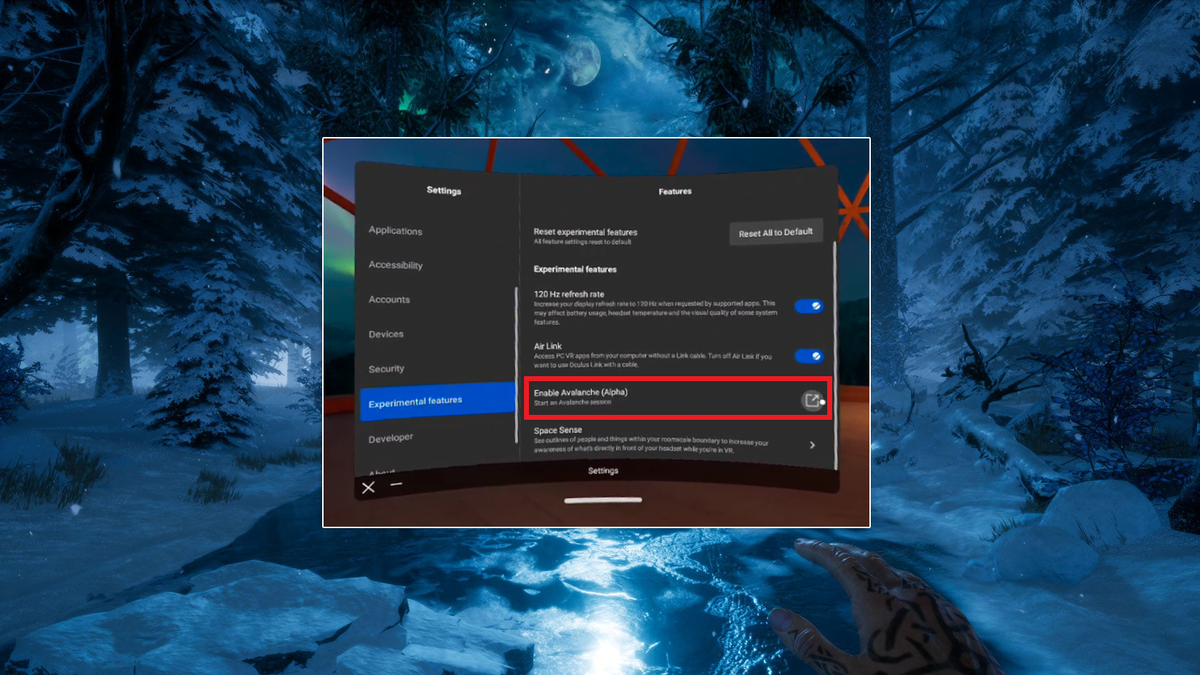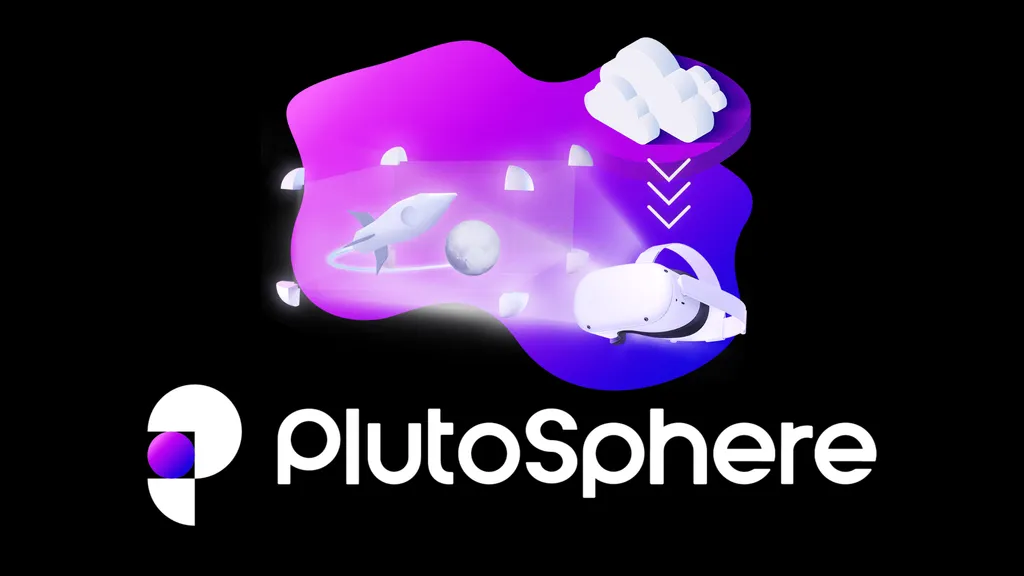PlutoSphere is shutting down.
PlutoSphere was a cloud VR streaming service letting Meta Quest owners play SteamVR content like Half-Life: Alyx and the PC version of VRChat without needing to own a gaming PC.
The service took an “arcade model” approach to pricing, selling play hours for "tokens". Each hour cost between $1 and $3 depending on how many tokens you purchased at once. PlutoSphere is no longer selling tokens, but plans to let existing tokens be usable for around 30 days.
I tried PlutoSphere back in 2021 just before it launched, and found that when using a nearby datacenter it felt essentially identical to Virtual Desktop with a PC on my local network. The technology worked.

But the technology didn't matter. PlutoSphere's biggest limitation as a product was that it couldn't be distributed on the Quest Store or App Lab. Meta's policies only allow VR streaming from "a device that the customer has physical access to", with VR streaming from "virtual devices or cloud sources" specifically banned.
Instead, PlutoSphere was distributed via SideQuest as a sideloadable app. That means the user had to have their headset in developer mode, connect it to their PC, and install the SideQuest software - significantly more friction than App Lab. It also meant PlutoSphere couldn't use the built-in Quest in-app payment system to easily bill the user via their Quest PIN, charging the card on file.
PlutoSphere co-founder and CEO Jared Cheshier told UploadVR that being off the official Quest platform "hampered our marketing strategies, restricted our growth and prevented us from fulfilling our usage obligations" with their Amazon Web Services (AWS) reseller, leading to an eight-figure bill for bandwidth on Amazon's servers that he doesn't need yet. That's a bill the company can't pay, he told UploadVR over phone call, because he doesn't have enough customers – a reality that directly follows because Meta's rules won't allow his app open distribution on its platform.
"Do not enter into these types of agreements," he told UploadVR over a phone call. "It's a hostile environment...the opportunity is still there.”
Here's a full statement from PlutoSphere regarding the shutdown:
"After a period of long and intense negotiation and unforeseen challenges with a partner, it is with profound regret that we announce the cessation of PlutoSphere operations.
While we strongly believe that streaming spatial computing use cases to standalone devices is a necessary and exciting use case with a lot of potential, it is not possible to continue.
We are shutting down the PlutoSphere service imminently.
Due to our inability to launch on the Meta app store and grow our user base, we’ve been unable to honor our commitments with our third-party reseller of AWS cloud services.
Our journey with PlutoSphere has been unexpectedly complex and full of headwinds. The lack of approval on the Meta appstore for our use case, effectively banning cloud streaming, significantly hampered our marketing strategies, restricted our growth and prevented us from fulfilling our usage obligations. Despite concerted efforts to renegotiate our agreement for committed AWS services over the past year, we reached an impasse.
We are now compelled to shut down PlutoSphere. This entails discontinuing our products and services, downsizing our team, and initiating the process of winding down operations.
This outcome is far from what we envisioned when we began our cloud partnerships. We are responsible for having signed a contract with commitments that didn’t get met, even if it’s surprising that we couldn’t find a way to renegotiate. We have exhausted all avenues to avert this situation and it is with a heavy heart that we share this news. We understand the impact this will have on our team, our users, and the broader XR community. We deeply apologize for the disappointment and inconvenience this may cause.
Your support and understanding during these challenging times mean the world to us. Working on PlutoSphere has been an incredible journey, and it is with sadness that we face its conclusion. We are grateful for the opportunity to have contributed to the XR landscape and will carry forward the lessons learned into future endeavors."

Evidence found in the Quest firmware suggests Meta has been working on its own cloud VR streaming service for years now, codenamed Avalanche. Around two years ago one Quest owner even posted a screenshot to reddit showing Avalanche as an option in Experimental Settings, and claimed they were able to load into the original PC-only Asgard’s Wrath 1 game for a short session.
In 2020, Meta executive Jason Rubin described cloud VR gaming as more than five years out, and John Carmack said the company had “interminable arguments” about the minimum quality bar required to ship VR streaming.
If Meta does ship its own cloud VR streaming feature any time soon, it could face accusations of anti-competitive practices. It would be a similar situation to Virtual Desktop's PC VR Wi-Fi streaming, which Meta banned from the platform until just before it launched its own Air Link feature. In 2022 Bloomberg reported that the US FTC was investigating Meta's competitive practices, but there haven't been any further reports on the status of this investigation.






























